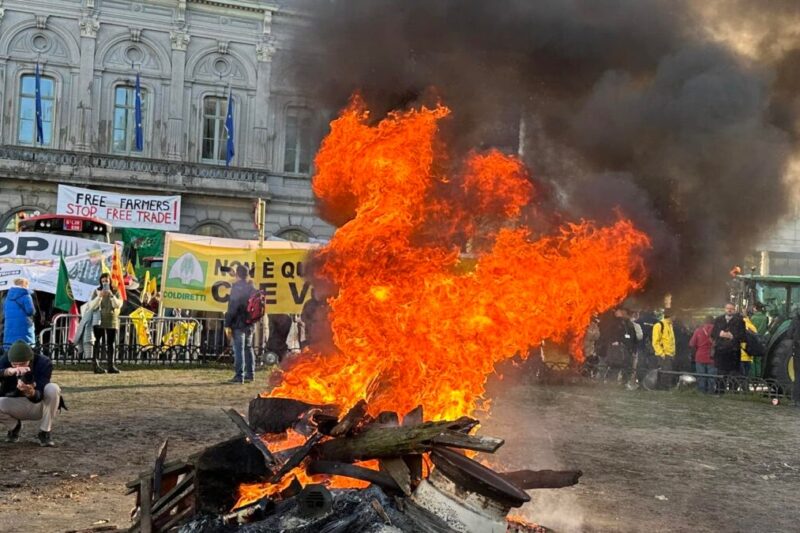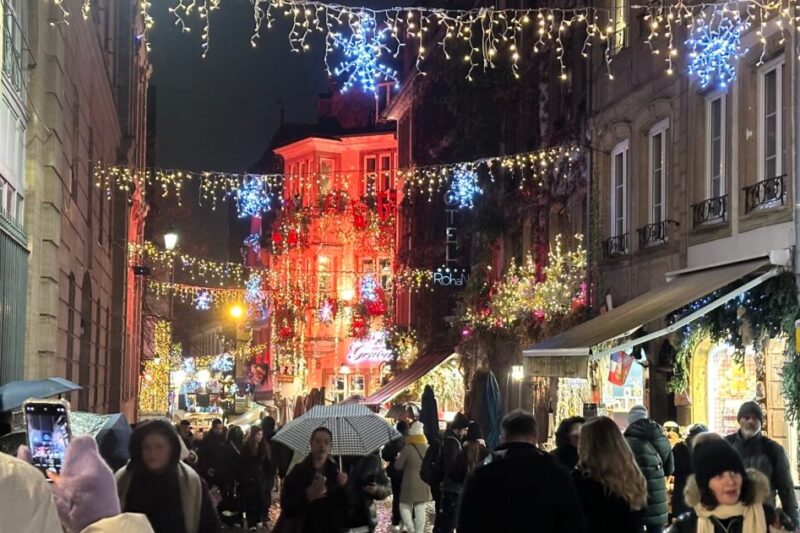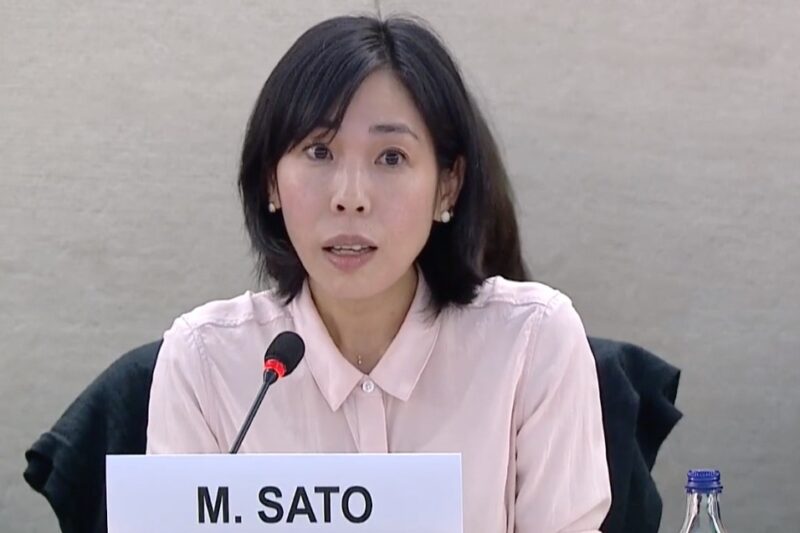Israel-Iran War : Brussels, a voice for peace in the heart of Europe (1/3)

While leaders trade threats, ordinary people continue to stand together choosing peace. Iranians and international supporters unite against the Israel-Iran war with the slogan ‘Woman, Life, Freedom’.
At a time when the world is overshadowed by conflicts, crises, and the heavy presence of war, Brussels – the beating heart of Europe and home to the European Union and NATO – once again became a stage for voices of justice and peace.
On August 29, Iranians living in Europe, joined by citizens from different backgrounds, including Belgians, Americans, Afghans, Moroccans, Africans, migrants, and peace activists, gathered at Brussels Central Station to raise a united voice against war and violence.
The demonstrators’ demands and slogans included ‘Stop the War’, ‘We want peace and security in the world’, and the now-globally resonant ‘Woman, Life, Freedom’. This last rallying cry, born from the struggles of Iranian women, has become a universal symbol of resistance against oppression and injustice everywhere.
A Jewish American standing with Iranians
Among the many voices, one story stood out. Maya, a 24-year-old Jewish American woman of Israeli origin, had travelled to Belgium for her summer vacation. Instead of spending the afternoon sightseeing, she chose to dedicate two hours of her trip to standing with Iranians and others calling for peace.
Speaking with passion and unmistakable pain, she told a journalist from Latitudes in an exclusive interview: “We love the people of Iran. We don’t want them to suffer. I am against all wars, not only the war against Iran, but also in Palestine and anywhere else in the world. We are tired of war. What we want is peace and security for everyone.”
Maya did not shy away from criticizing her own country and its allies. She accused Western governments of blindly following Benjamin Netanyahu’s policies, which she said bring “nothing but death, destruction, and the killing of innocent people”. She went further, demanding that leaders, including U.S. President Donald Trump, be held accountable in international courts for enabling conflicts that devastate ordinary people.
“This crisis feels heavier than before. (…) Alarms can sound anytime, and the waiting never ends.”
Her presence was deeply symbolic: a Jewish woman, with ties to Israel, rejecting the cycle of violence and extending solidarity to Iranians. For many demonstrators, her words reflected a truth often ignored by politicians: ordinary people on both sides of conflicts rarely wish for war.
Daily life continues because it must. “We’ve faced crises before, but this one carries an unusual weight. It feels unsettling, even frightening,” said Maya. “It’s hard to know how long this will drag on.” She added that alarms can sound without warning, and the wait for the all-clear often feels endless.
The conflict between Israel and Iran is rooted in decades of political, ideological, and regional rivalry. Since the 1979 Islamic Revolution, Iran has openly opposed Israel’s existence, supporting anti-Israel militant groups like Hezbollah in Lebanon and Hamas in Gaza. In response, Israel views Iran as a major security threat, particularly due to its nuclear ambitions and regional influence.
Tensions have escalated in recent years, with Israel conducting covert operations and airstrikes against Iranian targets in Syria and beyond, aiming to prevent Iranian military entrenchment near its borders. Iran has responded with threats, cyberattacks, and support for proxy forces. The shadow war has remained largely undeclared but has intensified, especially amid shifting regional alliances and nuclear negotiations.
Voices of justice from different communities
The gathering was not limited to Iranians. Moroccan-Belgian lawyer Salma Bon Khalifa urged European lawmakers and the Belgian government to resist the hostile policies of nations whose decisions lead to the deaths of innocent civilians. He called for stronger international diplomatic pressure to end destructive wars and once again repeated the slogan ‘Woman, Life, Freedom’, aligning himself with Iranian women’s struggle for freedom and equality.
Salma, one of the supporters of this gathering and a long-time advocate for women’s rights, also shared her thoughts: “The people of Iran are exhausted by this situation. We demand an end to all wars. Our voice is not just for Iran but for the whole world.”
“We demand an end to all wars. (…) Our voice is for everyone Iranians, Israelis, and all who suffer from violence.”
She also addressed the people of Israel directly: “We stand with you, too. But we strongly oppose Netanyahu’s destructive policies. The killing of innocent civilians must stop, and international pressure must grow to end this cycle of violence.”
Latitudes also spoke to an Iranian woman, Parwana, who did not want to share her last name. As one of the principal organizers of the rally and a long-time advocate for women’s rights, she spoke with a mixture of determination and sorrow. She emphasized that the Iranian people are deeply weary of living under the constant shadow of war and repression. “The people of Iran are exhausted by this situation,” she said, her voice carrying both urgency and compassion. “We demand an end to all wars. Our voice is not only for Iran, but for the whole world. We stand for peace and dignity everywhere.”
“We stand with you, too. (…) But we strongly oppose Netanyahu’s destructive path. The killing of innocent civilians must stop.”
Parwana went on to deliver a message of solidarity that crossed national and political lines. Turning her words directly to the people of Israel, she made clear that the struggle was not against them but against destructive policies. “We stand with you, too,” she declared. “But we strongly oppose Netanyahu’s destructive path. The killing of innocent civilians must stop. This endless cycle of retaliation and bloodshed only deepens the suffering of ordinary people on both sides. Stop the WAR in the world.”
She concluded by urging international leaders to take responsibility, calling for stronger diplomatic efforts and global pressure to replace militarism with dialogue and diplomacy. “The international community cannot remain silent. Pressure must intensify until governments opt for negotiation over violence. Only then can we begin to imagine a future free from fear and destruction.”
Human bonds beyond borders
What made this gathering unique was not only the slogans but also the human connections formed among people of different nationalities and cultures. Maya, recalling her close Iranian friends in the U.S., said: “For years, we have lived together like a family. I came here today to tell Iranians: these difficult days will pass, but don’t forget we stand with you.”
Her words moved many in the crowd to tears. Because in a world dominated by cold political strategies, moments like this remind us that there are still individuals with awakened consciences who stand against war and raise their voices for peace.
Brussels : a bridge for voices to reach decision-makers
Brussels has long been known as Europe’s political center, a city where decisions affecting millions are made. Demonstrators believe that by gathering here, their voices have a better chance of reaching those in power.
This rally once again proved that, regardless of nationality, religion, or background, people can unite with one voice when it comes to resisting war: the voice of peace, freedom, and humanity.
In June 2025, the conflict sharply escalated: Israel launched major airstrikes on Iranian nuclear and military facilities (including Natanz, Fordow, and Isfahan), reportedly aiming to cripple Iran’s nuclear infrastructure. Before the air assault, Mossad and covert operations inside Iran targeted missile launchers and air defenses, weakening Iran’s ability to retaliate.
Iran responded with a barrage of ballistic missiles and drones directed at Israel. Civilian and infrastructure targets were struck, including a missile hit on Soroka Hospital in Beersheba.
Notably, a strike hit Evin Prison in Tehran on June 23, causing heavy casualties. Israel’s air defenses intercepted a majority of incoming missiles and drones. According to Israeli sources, 80–90% of missiles and nearly all drones were intercepted (Foreign Affairs Forum+3). On the Iranian side, the conflict inflicted heavy damage on command centers, missile infrastructure, and leadership.
A ceasefire was agreed around June 24, 2025, bringing a temporary pause to open hostilities. Beyond the battlefield, diplomatic pressure grew: the United Nations reimposed sanctions on Iran over its nuclear programme. Iran also executed a man accused of being an Israeli spy, underscoring how the conflict extended into espionage and internal security.




